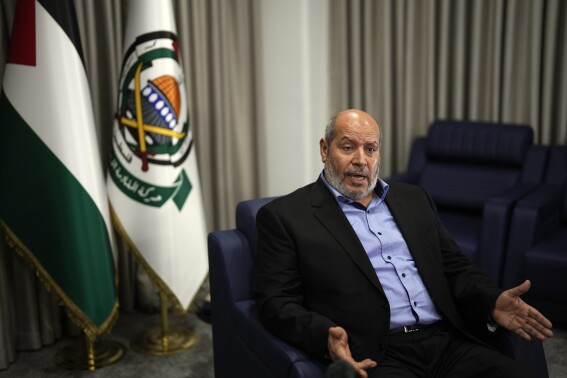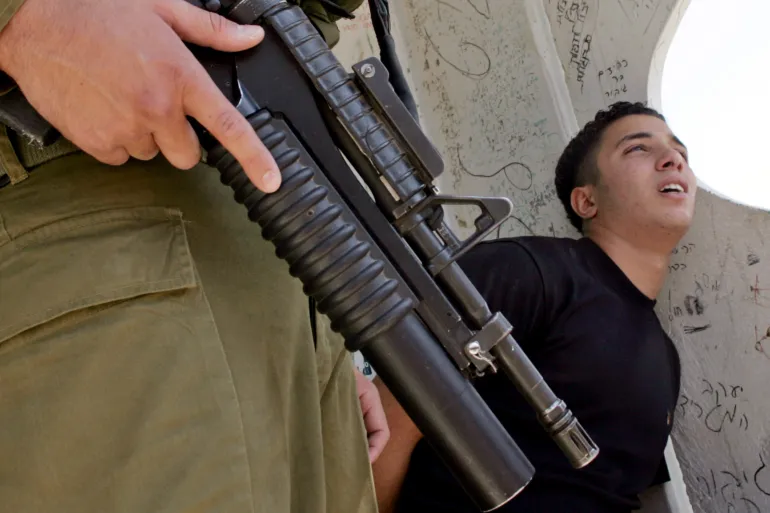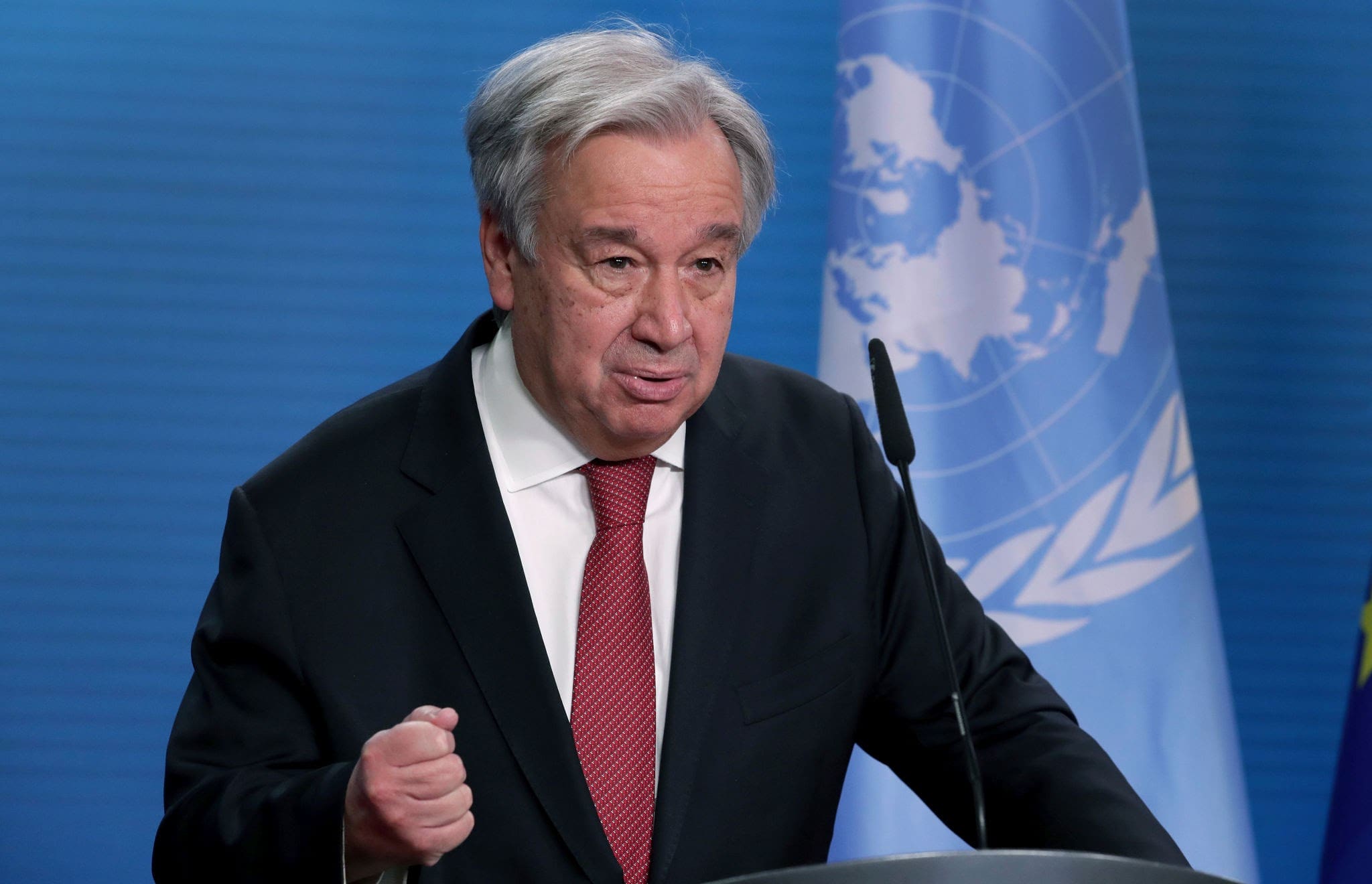Many human rights organizations operate in the West Bank and Gaza Strip, addressing a range of violations faced by the population in these regions. These organizations play a crucial role in advocating for the rights and well-being of Palestinians, often working under challenging and dangerous conditions. Notable among these are B’Tselem, Yesh Din, and Addameer.
B’Tselem, established in 1989, focuses on documenting human rights violations committed by Israeli authorities in the occupied territories. They publish reports, conduct research, and provide detailed accounts of incidents involving the use of force, home demolitions, restrictions on movement, and other forms of abuse. Their work aims to raise awareness both locally and internationally, pushing for accountability and change through public pressure and legal avenues.
Yesh Din, founded in 2005, is dedicated to legal advocacy and ensuring justice for Palestinians. They provide legal representation and support to victims of violence, land confiscation, and other injustices perpetrated by settlers and the Israeli military. Yesh Din’s efforts include filing petitions in Israeli courts, documenting testimonies, and working to improve the enforcement of laws that protect human rights.
Addameer, which translates to “conscience” in Arabic, was established in 1992 and focuses primarily on supporting Palestinian prisoners. They provide legal aid, advocate for prisoners’ rights, and campaign against the use of administrative detention, torture, and other forms of ill-treatment. Addameer also documents cases of abuse within the prison system and works to highlight the plight of detainees to the international community.
These organizations, along with many others, strive to hold Israeli authorities accountable for their actions, advocating for justice and human rights for the Palestinian people. Their work includes extensive documentation of abuses, providing direct support to victims, engaging in legal battles, and conducting public awareness campaigns. Through their efforts, they seek to bring about a more just and equitable situation in the region, despite the numerous obstacles they face.
the human rights fighters – B’Tselem workers
In 2014, Dirar Abu Kteish, a video photographer who has been working in B’Tselem’s public department to this day, sparked controversy with a provocative social media post.
He drew a comparison between Israeli security leaders and Nazi figures, juxtaposing images of Israeli Prime Minister Benjamin Netanyahu and Defense Minister Moshe Ya’alon over military maps with images of Adolf Hitler and his commanders.
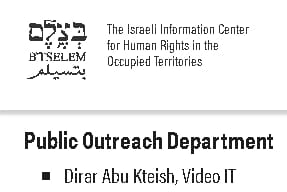
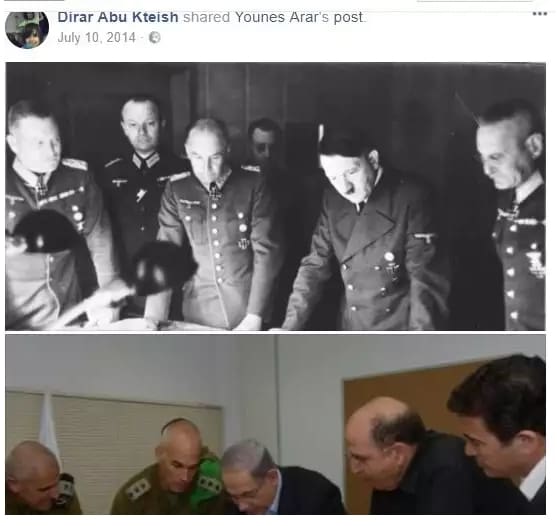
Another B’Tselem activist, Nasser Nawaja, a field investigator from South Hebron, was embroiled in controversy when he was recorded alongside Ezra Nawi, an activist from the organization Ta’ayush. The recording revealed their plans to hand over Palestinians who intended to sell land to Jews to the Palestinian Authority. This action was intended to ensure that these individuals would be apprehended, tortured, and possibly murdered by Palestinian forces.
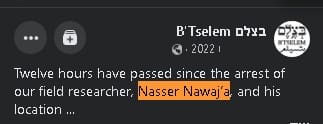
Why do human rights organizations initially employ a Palestinian activist who endangers the rights of Palestinians and draws comparisons between Israel and Nazis?
Source: Makor Rishon, Ad Kan

